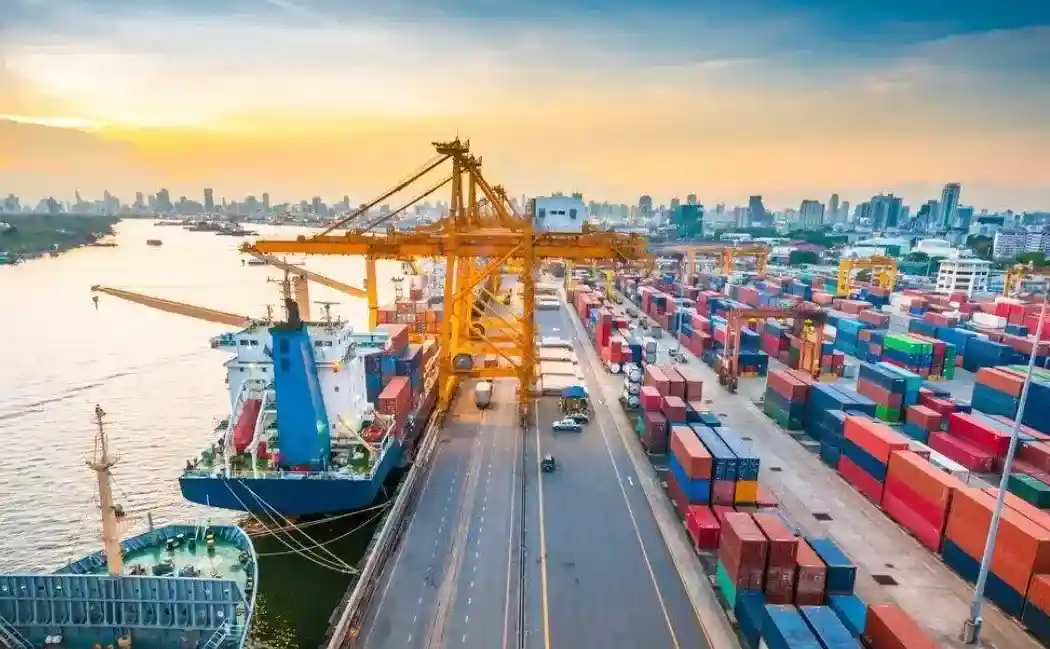The US Ocean Shipping Reform Act 2021 – What you need to know
Last week, the United States House of Representatives signed off on the bipartisan Ocean Shipping Reform Act of 2021 by a convincing 364-60 vote. Since then, the bill has become a talking point for supply chain stakeholders across the globe.
It is a pivotal piece of legislation that will significantly impact the ocean shipping industry. So if you’re wondering what this bill covers, how it might affect your business or why it matters to you at all, then keep reading. In this article, we’ll go over the critical points of the legislation and share an overview of its implications for shippers and carriers alike.
To begin with, the bill was first introduced in August to make the Federal Maritime Commission (FMC) a more effective federal regulator and,
- Revise provisions related to ocean shipping policies
- Support the growth and development of US exports
- Promote reciprocal trade in US’ foreign commerce
The reform is also meant to offer relief to exporters aggrieved by ocean carriers that have not been transporting exports and are instead returning empty containers to Asia to maximise profits from the high rates of head haul trades.
Here’s a quick overview of some of the critical aspects covered under this bill. Among other provisions, the bill
- Sets forth requirements for operating a shipping exchange involving ocean transportation in the foreign commerce of the United States
- Prohibits ocean common carriers and marine terminal operators from retaliating or discriminating against shippers because such shippers have patronised another carrier, or filed a complaint
- Requires the Federal Maritime Commission (FMC) to publish and annually update all its findings of false certifications by ocean common carriers or marine terminal operators and all penalties assessed against such carriers or operators
- Requires ocean common carriers to adhere to minimum service standards that meet the public interest
- Directs the FMC to establish rules prohibiting ocean common carriers and marine terminal operators from adopting and applying unjust and unreasonable demurrage and detention fees
- Requires ocean common carriers to report to the FMC each calendar quarter on total import and export tonnage and the total loaded and empty 20-foot equivalent units per vessel that makes port in the United States
- Authorises the FMC to initiate investigations of an ocean common carrier’s fees or charges and apply enforcement measures as appropriate
- Revises annual reporting requirements for the FMC on foreign laws and practices to include practices by ocean common carriers.
Yet another objective of the bill is to help curtail the impact of ongoing port congestion and other supply chain challenges that have stemmed from the pandemic. In the wake of an unprecedented backlog of containers at the port and shipping delays, the bill is expected to bring much-needed and long-overdue accountability from carriers.
Reactions from the industry
This bill was welcomed by the National Retail Federation (NRF). Commenting on the bill, David French, NRF Senior Vice President of Government Relations, said, “This bipartisan legislation provides much-needed updates and reform to an archaic system that retailers and thousands of other businesses depend on each day to transport goods.”
However, John Butler, President and CEO of the World Shipping Council (WSC), criticised the bill saying that it is not designed to fix the end-to-end supply chain congestion that the world is experiencing, and it will not and cannot fix that congestion.
WSC is the united voice of international carriers with many international shipping lines as members.
However, shippers across industries have applauded the bill hoping that it will put an end to carriers taking advantage of the pandemic to dodge previous contracts and charge inflated rates.
The bill will now be sent to the US Senate for consideration.
Amid these developments, if you’re looking to build supply chain resilience and drive significant cost savings, connect with our experts today to learn how we can help you.
